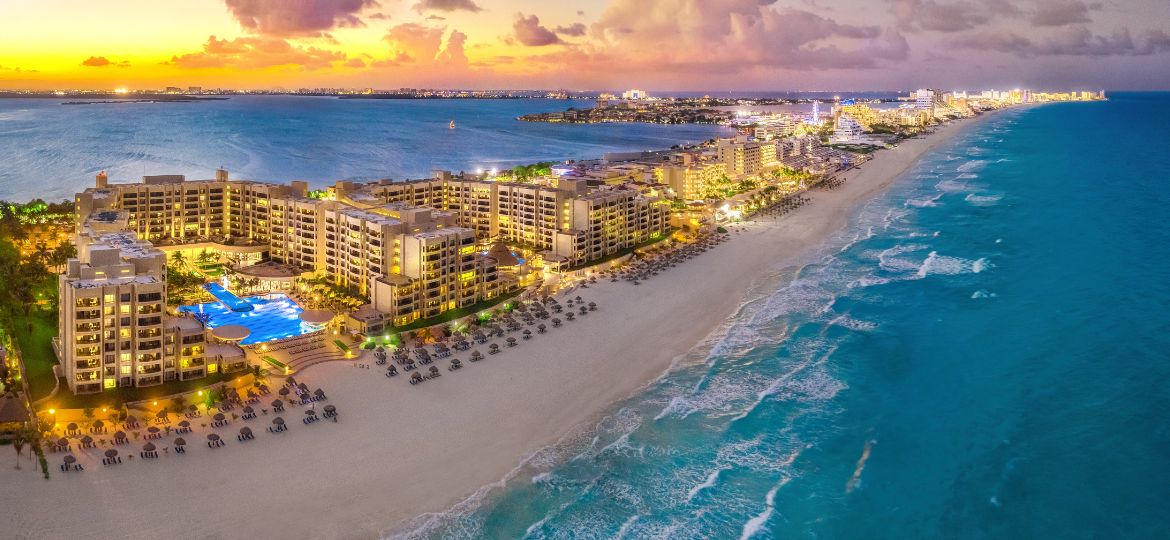
Water and Tourism: Keys to Responsible and Efficient Management
Tourism is one of the most dynamic and fastest-growing economic sectors worldwide. Its capacity to generate employment, foster economic and cultural development, and promote environmental sustainability makes it a strategic sector for many countries.
However, to fully harness its benefits, it is essential to address the challenges it faces in relation to water. Through careful planning, sustainable management, and the promotion of responsible practices, tourism can become a true driver of progress and well-being for communities around the world.
From coastal destinations to desert resorts, the availability and quality of water directly influence the viability and sustainability of tourist destinations. But are we responsible citizens with this resource when we travel?
Water consumption in this sector is a highly relevant issue, given that tourist establishments and recreational activities can have intensive use of it. In fact, according to data from the World Tourism Organization, while a person consumes between fifty and two hundred liters of water per day in Europe, a tourist can consume more than four hundred liters of water per day.
Moreover, although the sector absorbs only 1% of the world’s water consumption (compared to 70% for agriculture and 20% for industry), the major problem is its concentration in places where water resources are scarce, as well as its focus mainly during the summer months. Spain, for example, being the second most visited country in the world with a total of 85.1 million international travelers in 2023, is well aware of the problem in several areas where the population of municipalities spikes during holidays, putting the entire supply network under stress and causing a notable impact on ecosystems.
The tourism sector is aware of this challenge and has long been taking innovative and sustainable measures. In fact, digitalization is the decisive great ally of the sector, as it facilitates processes and control tasks, and reduces the water footprint. Similarly, most establishments are investing in technologies that significantly reduce water consumption without compromising service quality, such as low-flow taps and showers, dual-flush toilets, or recycling systems, which save between 40% and 50% of water. Likewise, in coastal regions and areas with scarce freshwater, desalination plants and advanced purification systems are being developed to provide drinking water without affecting natural sources.
In this regard, at Almar Water Solutions, after years of experience and knowledge, we study and work with different industries that, like tourism, require our services for both process water and wastewater. Through Ridgewood Egypt, we have more than 60 active BOO/BOT contracts with a total capacity of 90,000 m³/d, including decentralized desalination plants supplying the hotel sector and central plants with 117 km of associated distribution networks, service stations, and transportation operations (water by trucks) in the Mediterranean and Red Seas. We develop, promote, and finance technological innovations in water management so that tourism continues to be a key driver of the global economy, providing employment, stimulating development, and fostering cultural exchange.
A Challenge for Everyone
Water is a vital resource for the tourism sector, and its sustainable management is essential to ensure the future of the industry. The combination of innovative technologies, education, and effective policies can help mitigate current challenges and protect this resource.
Tourism, as one of the world’s main socio-economic activities, must take a leadership role and ensure that businesses and destinations invest in adequate water management throughout the value chain. Sustainable tourism is not just a trend; it is an urgent necessity.
References
Tourism and water sustainability, a dependent relationship. iAgua.

